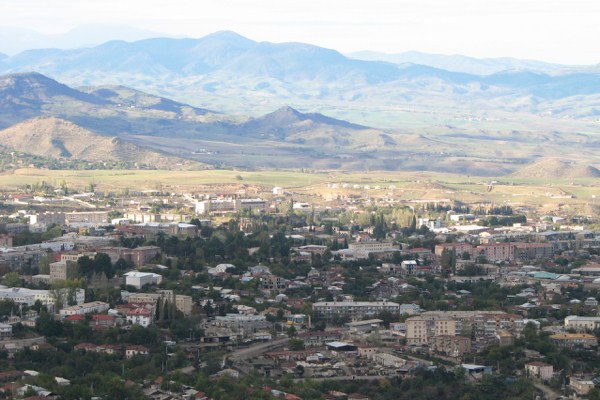Earlier this month, Azerbaijan’s separatist Nagorno-Karabakh region held parliamentary elections, which were denounced by Azerbaijan, the European Union and the United States. In an email interview, Laurence Broers, editor of Caucasus Survey and a research associate at the School of Oriental and African Studies, University of London, discussed governance in Nagorno-Karabakh.
WPR: What are the dominant political parties in Nagorno-Karabakh, and are their platforms locally determined or driven by broader Armenian political trends?
Laurence Broers: Political parties in Nagorno-Karabakh show many of the same features as those across the wider region: Hard to distinguish ideologically, they are instead personality-driven and express the interests of key elite factions. There are currently two “parties of power” in Nagorno-Karabakh: the Free Motherland party, which was the recent winner in the de facto parliamentary elections and is led by the de facto prime minister, Ara Harutyunyan, and the Democratic Artsakh party, led by de facto parliamentary speaker, Ashot Gulyan.

